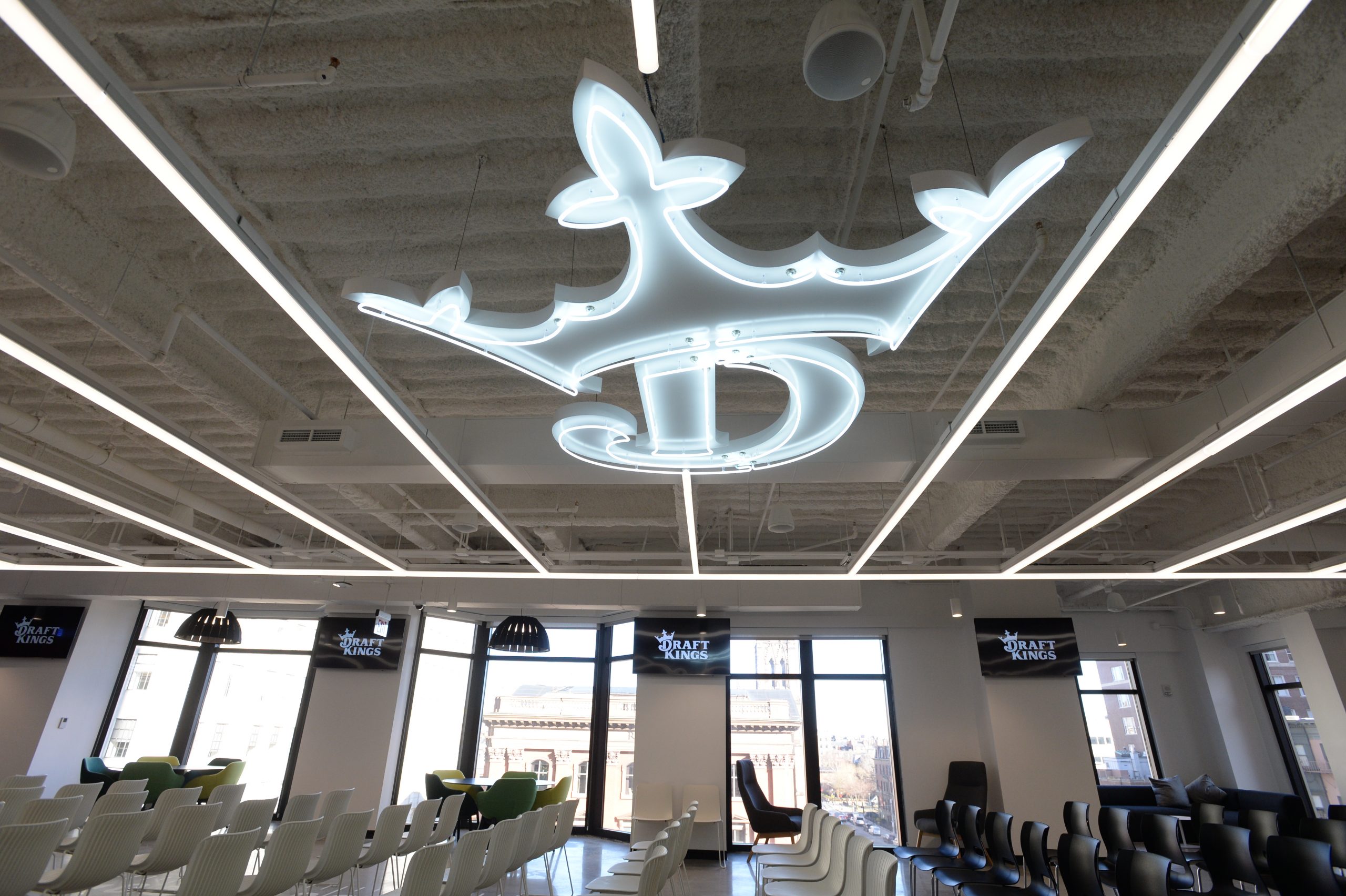DraftKings has closed its UK daily fantasy offering as of today (4 October). Users of the app this morning received emails notifying them the product was being pulled from the market effective immediately.
DraftKings’ users were told they can withdraw funds after the closing date and in-game currencies like Crowns and DK Dollars would be converted into US dollars.
“Since DraftKings’ launch in Great Britain, we have been proud to be a part of the country’s passionate sports and daily fantasy sports fanbases,” the email read.
It launched in the UK on 5 February 2016, bringing with it a new, US-style of playing DFS. The Gambling Commission granted it a pool-betting licence to operate locally, and the operator signed a sponsorship deal with English Premier League football club Liverpool to promote its entry into the market.
The product sought to provide fantasy players with access to tournaments featuring the NFL and other North American sports leagues, as well as UK football leagues, the NBA and golf.
To strengthen its UK operations, DraftKings acquired the full player database of free-to-play DFS platform TransferKings in June 2016.
“We want to expand our audience in the United Kingdom, and this is an effective way to reach an even larger group of passionate fantasy football fans,” former DraftKings chief international officer Jeffrey Haas said at the time.
Wider DFS expansion followed DraftKings’ entry into the UK
A UK office was opened in London to support the rollout, although the office largely houses data science teams now.
DraftKings followed its UK launch with further expansion into Malta, Germany, Austria and Australia in 2023.
Users took to Twitter this morning to lament the loss of the DFS product, with one user noting the move left UK DFS players “with virtually zero options”.
In May 2018, Yahoo also exited the UK DFS market, while FanDuel only managed a few months of operating its product in the region back in 2016.


